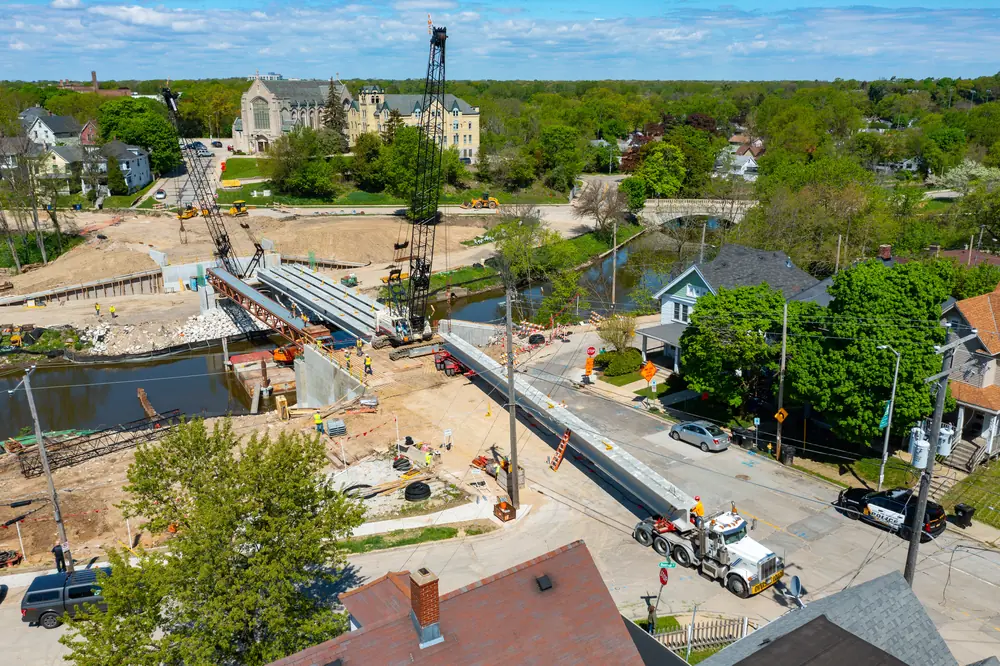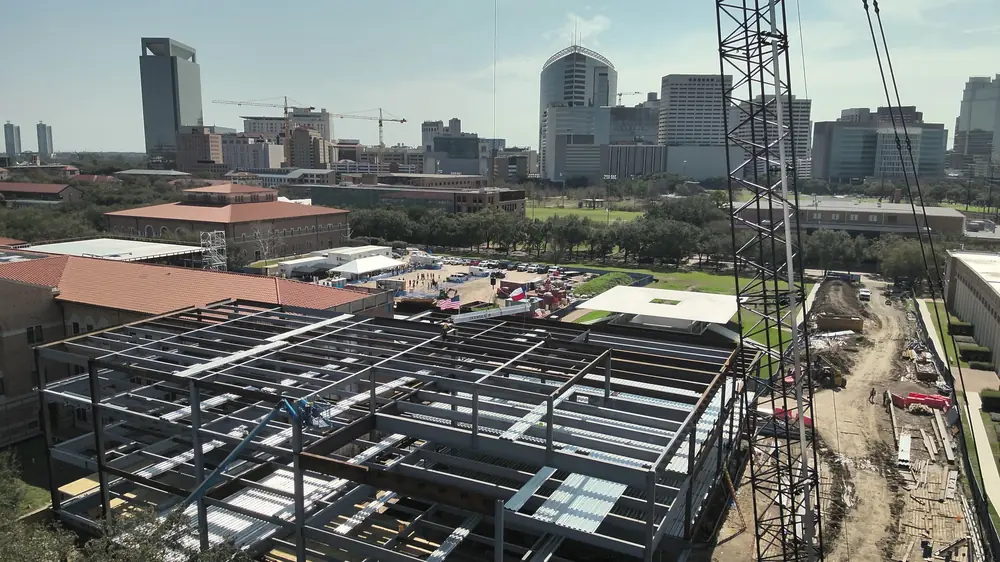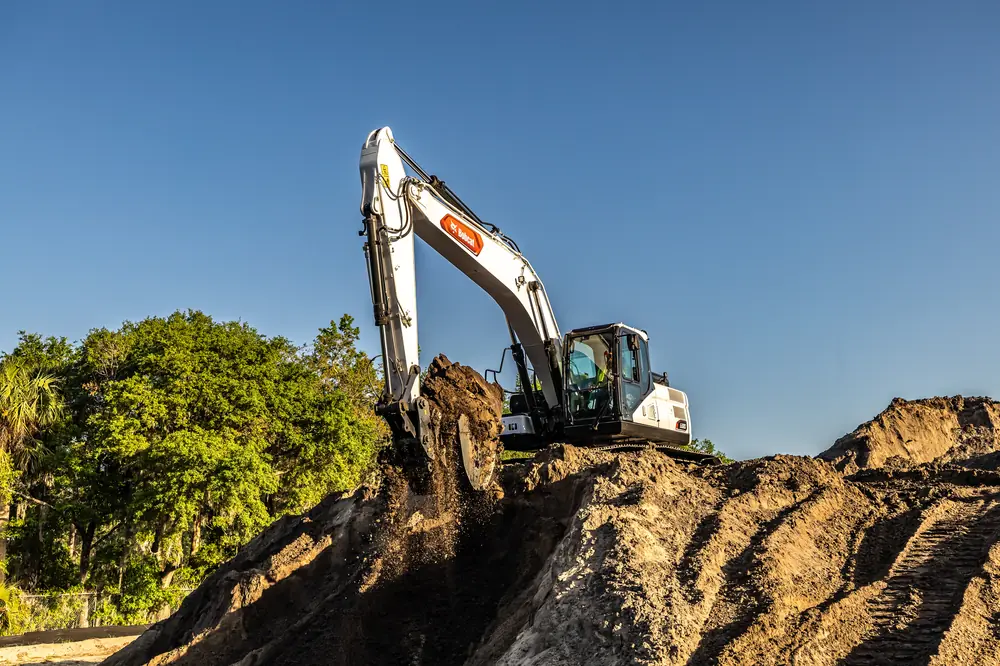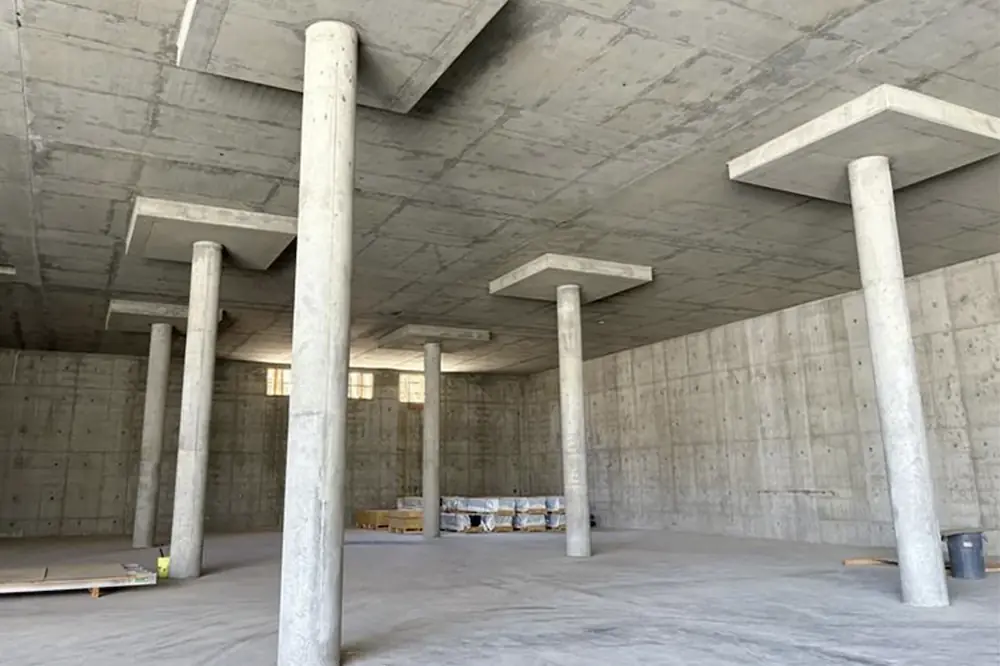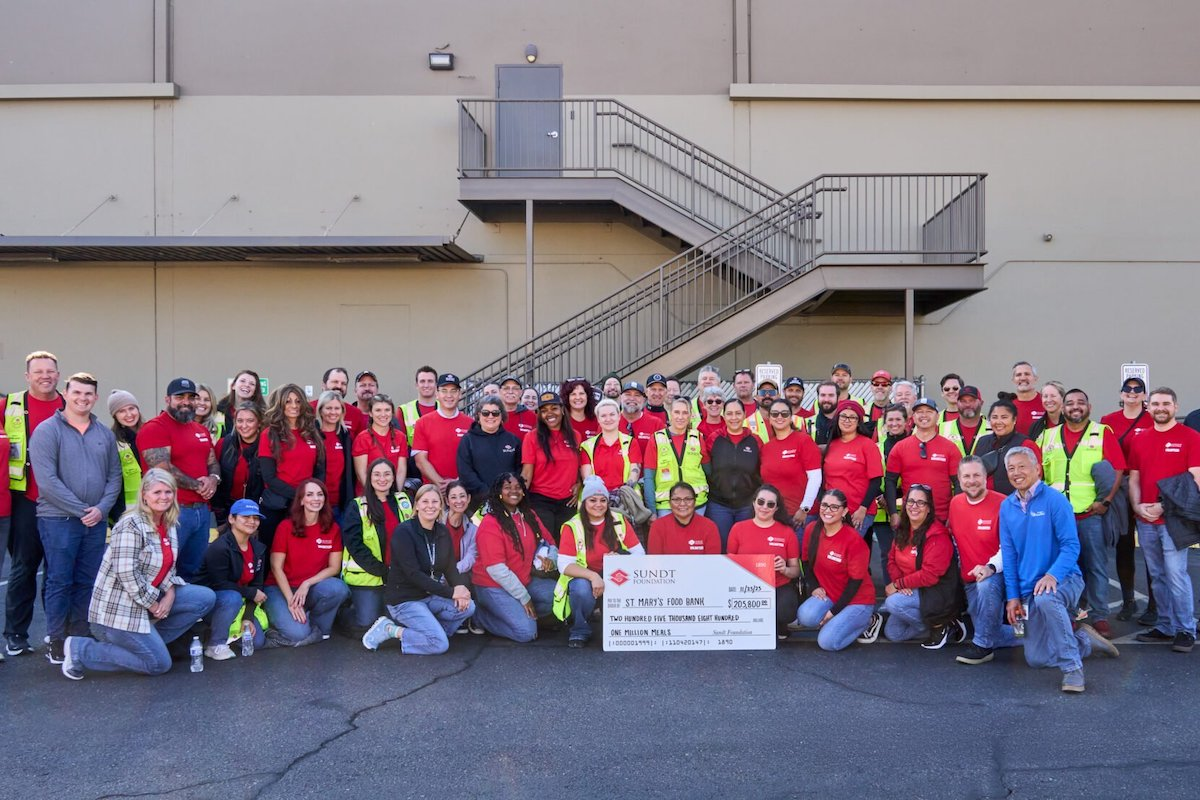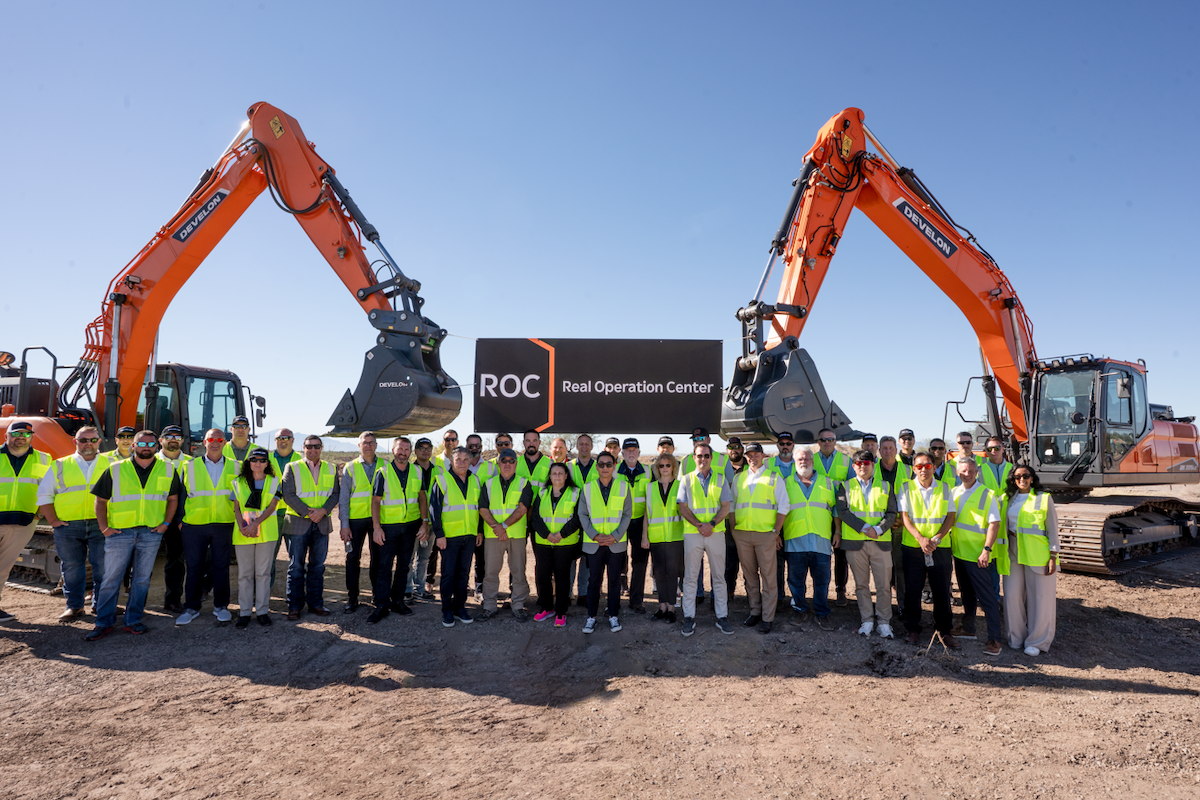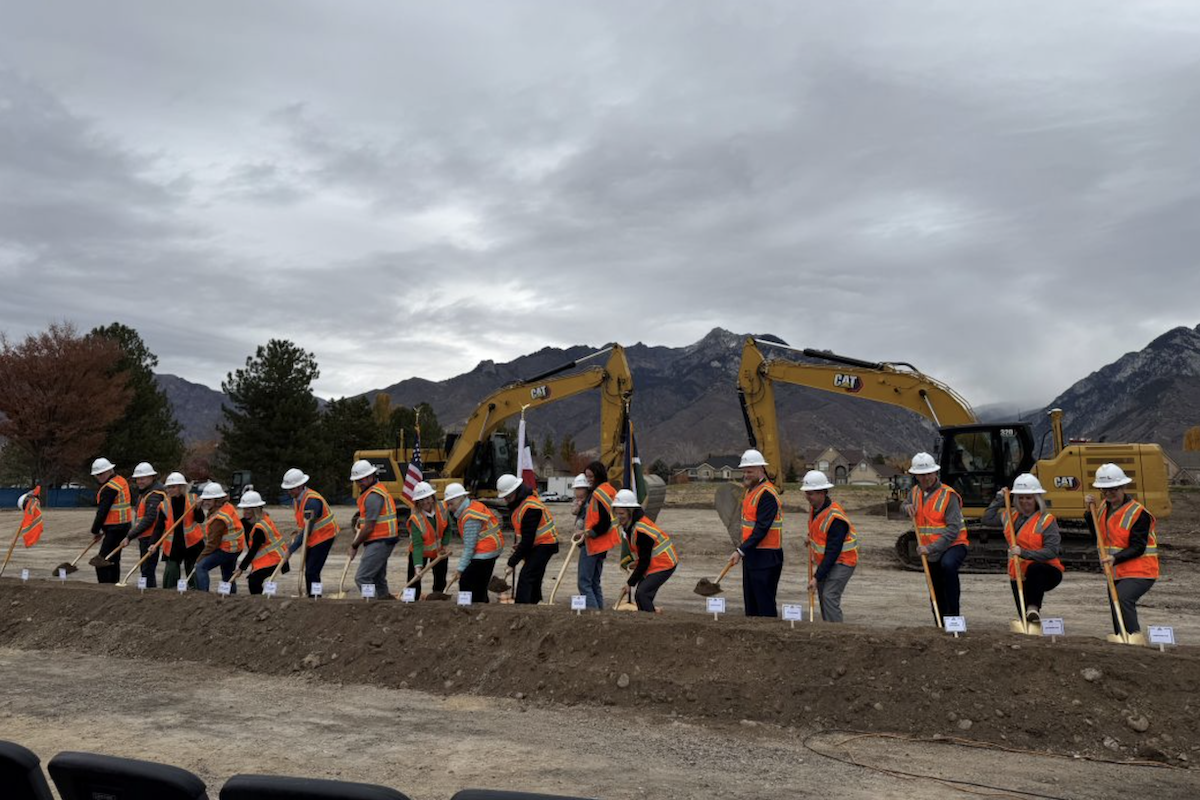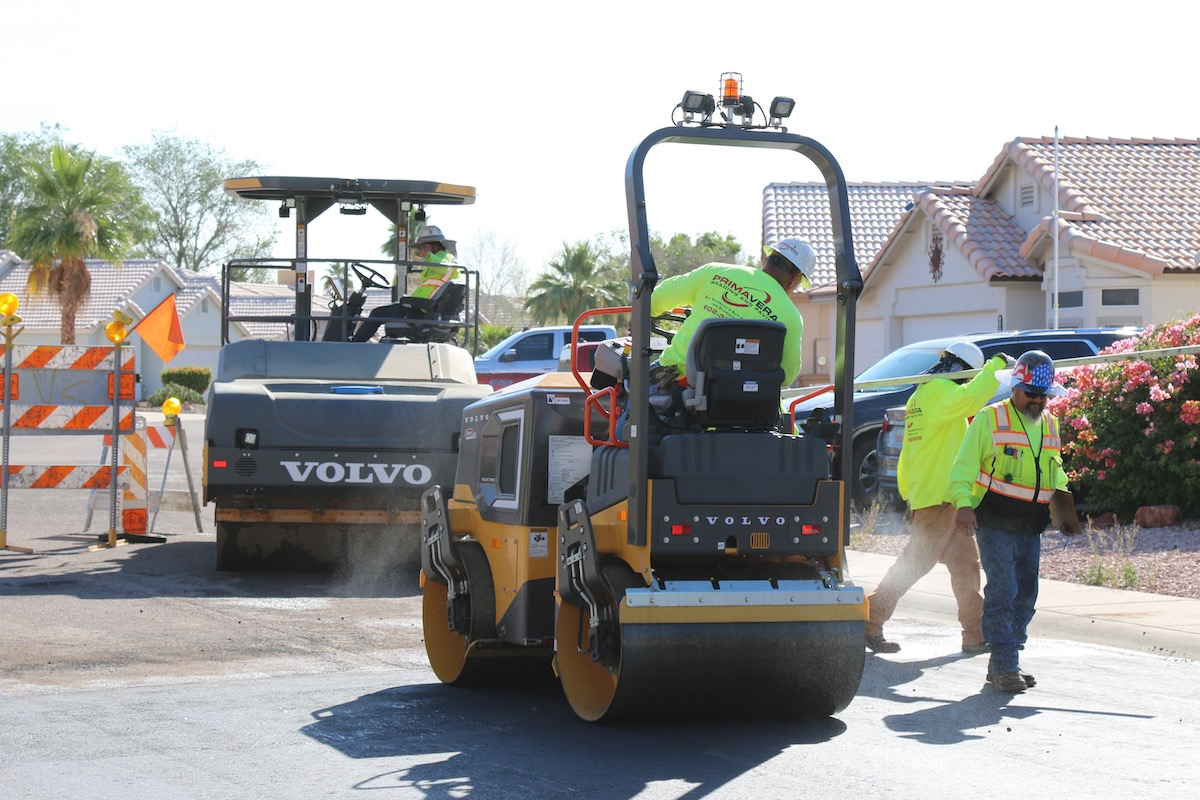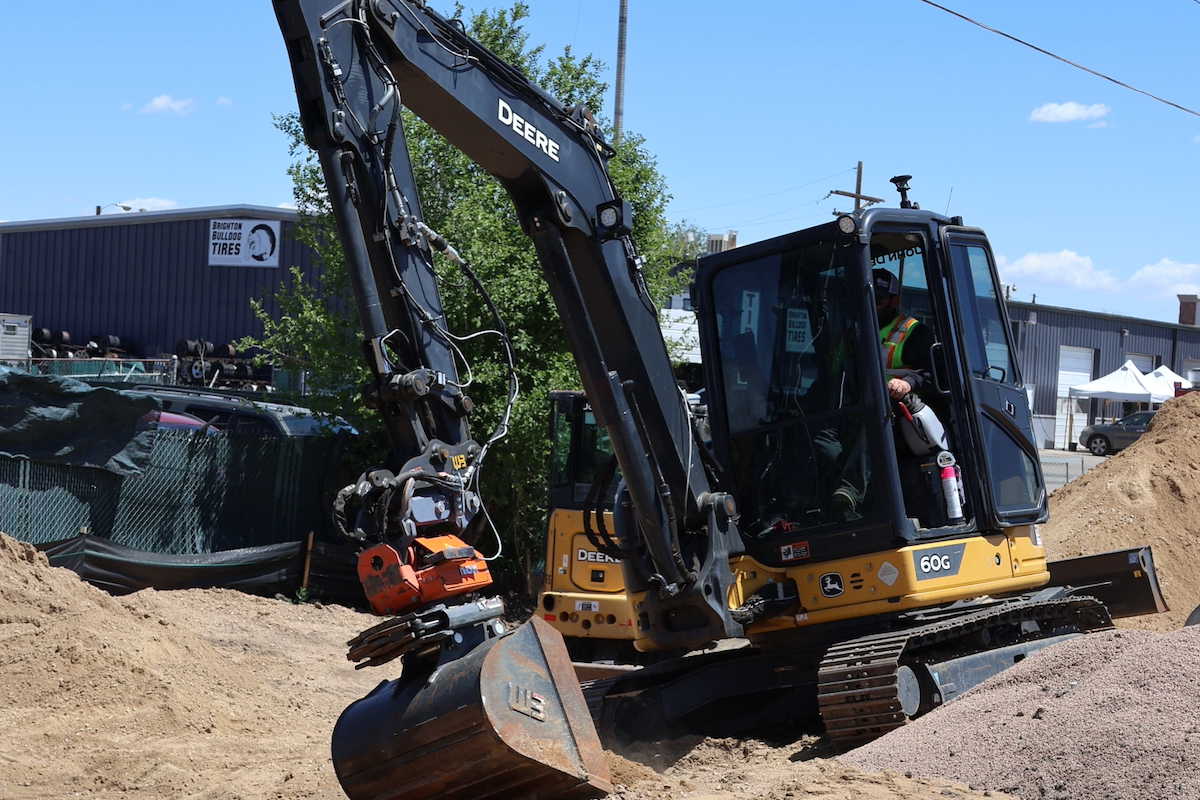In Pueblo, PEO ACWA is conducted at the Pueblo Chemical Agent Destruction Pilot Plant (PCAPP), located just east of the city. The facility has already destroyed 2,613 tons of mustard agent, which is a blister-producing chemical weapon used in different types of projectiles and mortar rounds. PCAPP is mandated to destroy the remaining stockpile by December 31, 2023, a Congressionally-mandated deadline.
The majority of this work is being done by the Bechtel Pueblo Team, which serves as the project’s general contractor responsible for the design, construction, systemization, pilot testing, operations, and closure of the pilot plant. However, to accelerate the project and help ensure that the Congressional timeline would be met, three static detonation chambers (SDCs) were created to augment the main plant, which were selected due to their ability to use thermal heat to detonate or deflagrate chemical weapons. Together, the three SDCs will help destroy 97,000 mortar rounds and problematic munitions considered unsuitable for processing by the main plant’s automated disassembly systems.
Industrial Constructors/Managers, Inc. (ICM) – a local contractor with offices in Pueblo and Denver – was contracted in the spring of 2019 to support the construction of the SDCs. The $18 million project included concrete foundation work, process piping, erection of test structures and equipment settings. As a result of this work, ICM has a few tips for how to work on a government project underscored by international treaties with Congressionally mandated timelines, which could be helpful to other contractors considering similar lines of government work.
ICM is known for its ability to quickly get workers on a jobsite and deliver a project on time and on budget regardless of the project’s scope or size, so this was something the company was well prepared to do from the onset. For other contractors considering this work, be honest about what you can and cannot do in a given amount of time, as the schedule is considered the holy grail in government work – something to revere, not neglect.

| Your local Bobcat dealer |
|---|
| Ditch Witch West |
| Faris Machinery |
ICM fought especially hard to get information on the piping system, which enabled them to prefabricate 12,000 feet of process piping off site, helping to speed up the timeline since prefabrication can be done faster for a lower cost as it’s produced off site and then transported and assembled at the jobsite. Had ICM not had access to this information in advance, it would have taken weeks if not months longer to produce.
Being able to quickly tap other unions is a benefit to union labor, particularly since you know the workers will come prepared with the right certifications, experience and training, ensuring that the job will be done with the quality and care required for this level of work.
On this particular project, everyone put their best foot forward everyday, including the cleaner, who never let trash linger around the jobsite. By the end of the project, he got a handwritten letter from the general contractor applauding the work he put in everyday to keep the jobsite spotless. Little details like that don’t go unnoticed, so be prepared to be praised or condemned, depending on how you present yourself and your work each and every day.
The Rocky Mountain region is unique in that it has a lot of government projects due to the extensive military and aerospace companies who call the region home. Contractors interested in exploring more work in the government sector will want to know what’s expected when bidding and accepting government work, as each project is unique from beginning to end. For contractors who are willing to step up to the plate, the end result can be return clients, additional work and favorable reviews, not to mention the ability to help advance projects of national and international importance.
Industrial Constructors/Managers, Inc. (ICM) is a Colorado industrial contractor that has been in business for 37 years.

| Your local Gomaco dealer |
|---|
| Faris Machinery |






